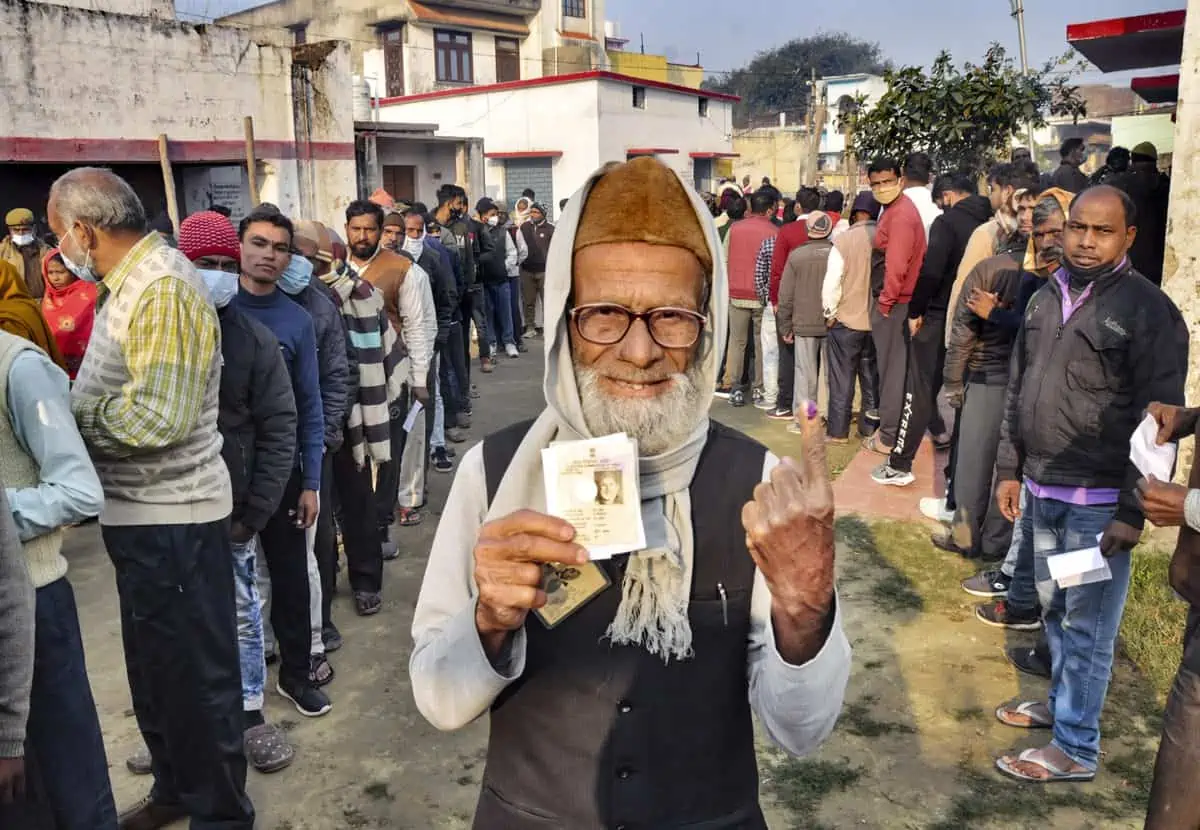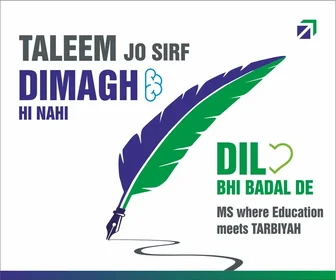
Hyderabad: After months of heightened tension and divisive rhetoric in the run-up to the 2024 Lok Sabha elections, minorities across India, especially Muslims, are breathing a sigh of relief. Prime Minister Narendra Modi’s controversial campaign, particularly his remarks in Rajasthan’s Banswara, had raised widespread concern. Modi suggested that a Congress victory would lead to the country’s wealth being distributed among “infiltrators” and “those with more children.”
The election results, however, brought a mixture of relief and cautious optimism for many Muslim voters, who have faced increased discrimination, hateful speech, and demolitions of properties over the last decade. Prime Minister Modi-led BJP and allies have retained power, but the significant fight put up by opposition parties offers some solace to the nation’s large Muslim minority.
According to official results from the Election Commission of India, Modi’s National Democratic Alliance (NDA), which includes his right-wing Bharatiya Janata Party (BJP), secured 294 seats. While this is more than the 272 seats needed for a majority, it is fewer than expected. Notably, for the first time since the BJP’s rise to power in 2014, it did not achieve a majority on its own, winning 240 seats — a significant drop from the 303 seats won in the 2019 election. The Congress Party-led opposition INDIA alliance, which has strong support from Muslim communities, captured 223 seats.
This shift suggests that Modi will now need to rely more heavily on his coalition partners, including the Telugu Desam Party (TDP), which won 16 seats in Andhra Pradesh, and Janata Dal (United), which secured 12 seats in Bihar, among other smaller groups.
Both TDP and JD(U) have already starting voicing opposition to some ‘divisive’ policies of BJP. TDP, for example has maintained that it will continue Muslim reservation in Andhra Pradesh despite strong opposition from BJP. JD(U) has demanded revision of Angniveer military recruitment scheme.
Muslim voters, while wary of the future, see this outcome as a potential check on the BJP’s power. The reduced majority of the BJP may provide some respite from the policies and rhetoric that have marginalised them in recent years.
“For the first time in a long time, we feel that our voices have been heard,” a member of a prominent Muslim body based in Hyderabad told Siasat.com. “The opposition’s strong performance gives us hope that there will be more accountability and less of the divisive politics that have made life difficult for Muslims across India.”
The minorities remains hopeful that this election marks a step toward greater inclusivity and a reduction in communal tensions. The coming months will reveal how the new political dynamics will shape the future of India’s diverse and complex society.

